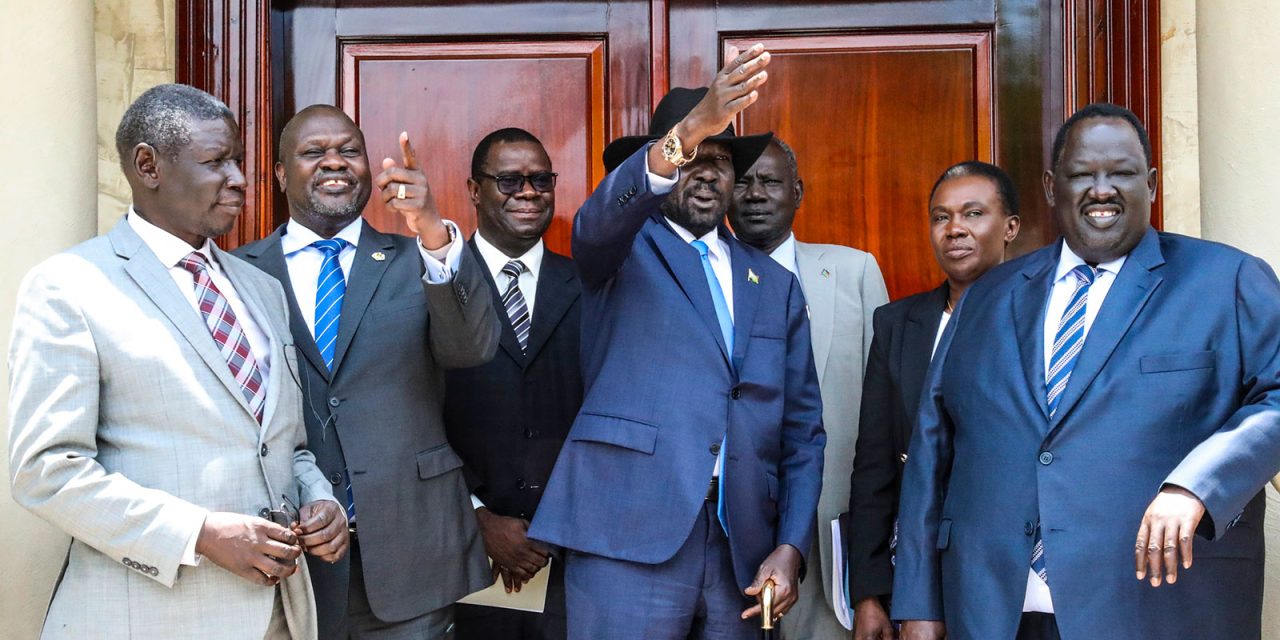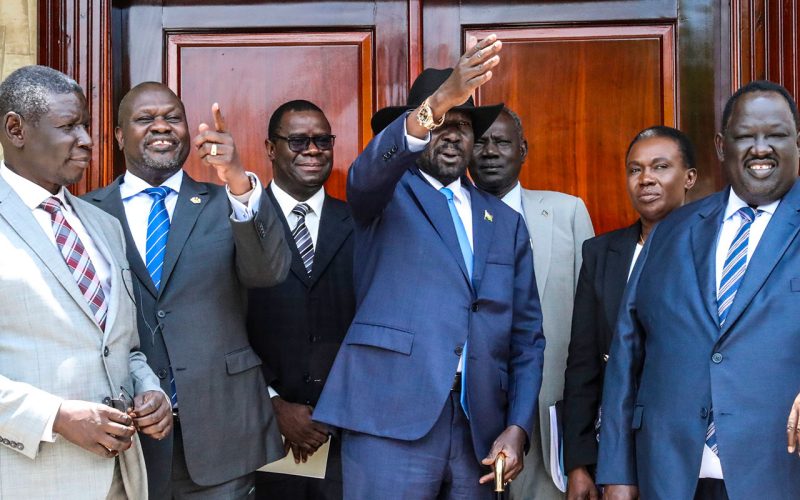Sudan, a country in northeastern Africa, has been undergoing a lot of changes in its political landscape in recent years. The ousting of former President Omar al Bashir in April 2019 led to the formation of a transitional government tasked with leading the country towards democracy. In this article, we’ll take a closer look at the transitional government of Sudan and its role in the current political landscape.
The Formation of the Transitional Government

The transitional government of Sudan was formed in August 2019, after months of negotiations between the military and civilian groups. The government is composed of both military and civilian members and is led by Prime Minister Abdalla Hamdok, a former economist who served as the Deputy Executive Secretary of the United Nations Economic Commission for Africa.

Challenges Faced by the Transitional Government

The transitional government of Sudan faces a lot of challenges as it tries to lead the country toward democracy. One of the biggest challenges is the ongoing protests by the Sudanese people. Who are demanding greater political freedom and better living conditions. The government has been cracking down on the demonstrations, leading to a lot of casualties.
Furthermore, the country is facing a lot of economic challenges, including high inflation, food shortages, and power cuts. The government has been trying to address some of these issues, but its efforts have been largely unsuccessful. Due to the country’s infrastructure is in shambles and widespread corruption.

Achievements of the Transitional Government
Despite the challenges faced by the transitional government, there have been some achievements in the past few years. The government has made efforts to address some of the issues facing the country. Including implementing economic reforms and taking steps toward improving the country’s infrastructure.
The government has also made efforts to improve relations with the international community. In February 2020, Sudan agreed to pay compensation to the families of the victims of the 2000 bombing. A move that was praised by the United States.

Future of the Transitional Government
The future of the transitional government of Sudan is uncertain, with many challenges still facing the country. The government needs to take significant steps to address the issues facing the country. Including addressing corruption and holding those responsible for human rights violations accountable.
Furthermore, the government needs to engage in dialogue with protest leaders and other stakeholders. To find a peaceful and sustainable solution to the ongoing crisis. International organizations and other countries can also play a significant role in supporting the transitional government. By helping to stabilize the situation in Sudan.









